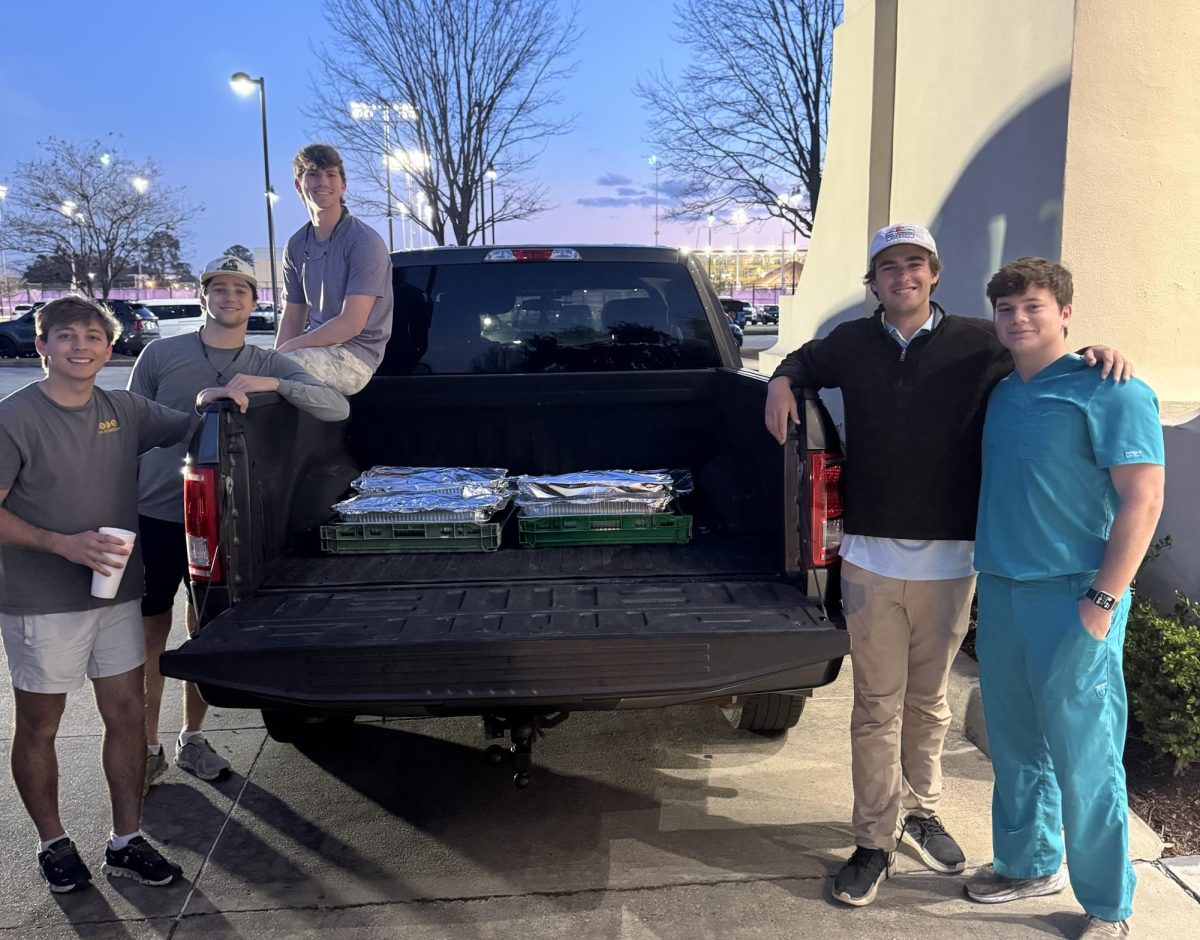NEW YORK (AP) — The black box recorders recovered from the US Airways jetliner that splashed down in the Hudson River captured thumping sounds, the sudden loss of engine power and the pilot’s calm “Mayday” call, evidence that seems to back up the crew’s account of hitting a flock of birds shortly after takeoff.
The National Transportation Safety Board gave an account of its interview with the pilot, Chesley B. “Sully” Sullenberger, and dispatches from the cockpit voice recorder emerged over the weekend.
Meanwhile, in snowy weather Sunday night, tugboats pulled the barge carrying the Airbus A320 from a seawall a few blocks from the World Trade Center site on a 90-minute trip to the Weeks Marina in Jersey City, N.J.
Investigators on Monday want to look more closely at the cockpit, the attached right engine, and the interior of the cabin, said safety board member Kitty Higgins.
The dispatches on the cockpit voice recorder were described as “a very calm, collected exercise,” veteran safety board investigator Robert Benzon said Sunday. Higgins added: “It was very matter of fact.”
Sullenberger, credited with helping save the lives of all 155 people aboard Thursday, reported that the plane had hit birds and lost both engines shortly after investigators heard “the sound of thumps and a rapid decrease in engine sounds,” Higgins said.
Sullenberger then discussed airport landing sites before deciding to attempt a river landing, she said. Ninety seconds before ditching the plane, he told passengers “brace for impact” and informed controllers “they will be in the Hudson River,” Higgins said.
The pilot, who has not publicly talked about the crash, canceled what was to be his first interview Monday, on NBC’s “Today” show. The show said it would interview Sullenberger in a couple of days.
Stephen Bradford, president of the U.S. Airline Pilots Association, said he asked Sullenberger not to talk to the media to avoid jeoparding the association’s “interested party” status with the NTSB, which allows it to participate in the investigation.
“If the NTSB perceives that we are in any way compromising the objectivity of the investigation by innocuously releasing information to the media, our status will be rescinded and we will be unable to help determine the causal factors leading up to this very positive and well-documented outcome,” he said.
Instead, Sullenberger released a statement through a family spokesperson. “The Sullenbergers continue to thank their many well-wishers for the incredible outpouring of support,” it said. The pilot was invited to attend President-elect Barack Obama’s inauguration on Tuesday, according to the mayor of his hometown, Danville, Calif.
Also Monday, the entire crew — Sullenberger, first officer and co-pilot Jeff Skiles, and flight attendants Sheila Dail, Doreen Welsh and Donna Dent — said in a joint statement they want the media to respect their decision not to give interviews during the investigation.
The crew members said they “wish to offer their sincere thanks and appreciation for the overwhelming support, praise and well wishes they have received from the public around the world since the events of last Thursday.”
They said they are willing to do media interviews “when the time is right.”
Investigators have seen significant damage to the tail and to compartments at the bottom of the plane that opened on impact. The right engine was severely dented but its fan blades were intact, Benzon said.
The search for the plane’s missing left engine was suspended until Tuesday because ice floes in the river make it too dangerous to put divers or special sonar equipment in the water, Higgins said.
In Washington, safety board spokesman Peter Knudson said preliminary indications from radar data of the plane’s takeoff Thursday from LaGuardia Airport “did not show any targets” that might be birds. But investigators will keep looking, he said.
“We are going to go and get all the electronic data necessary to get a complete picture of what was on his screen. It’s possible there was more being displayed than we initially understood. We just don’t know definitively at this point — we don’t know exactly what was shown on that radar screen,” Knudson said.
Higgins heaped praise on Sullenberger and the flight crew, noting they all had 20 or more years experience and were trained to do their jobs.
“Miracles happen because a lot of everyday things happen for years and years and years,” she said. “These people knew what they were supposed to do and they did it and as a result, nobody lost their life.”
Benzon said the probe may ultimately focus more on what went right than what went wrong Thursday. “This accident and this investigation are going to be studied for years and years and years,” he said. “Why did everything work so well?
“We need to know that so we can apply it to other phases of aviation, other aircraft, perhaps newer aircraft. It’s going to be fun.”
The area where the plane was moored in New York was closed to the public Sunday, but before it was moved it attracted hundreds of people who snapped pictures of the plane wreckage.
Kelsey Higginbotham, a 20-year-old student at East Tennessee State University, looked at the damaged aircraft Sunday from behind police barricades.
She and a friend had been to Times Square, Central Park and the site of the World Trade Center, where nearly 2,800 people were killed in the Sept. 11 attacks. She said she was struck by the contrast between one disaster in which so many people died and another in which everyone survived.
“It’s a miracle,” she said. “I guess New Yorkers can’t take any more tragedy.”
___Contact The Daily Reveille news staff at [email protected]
Plane’s recorders support hero pilot’s account – 11:30 a.m.
January 19, 2009




